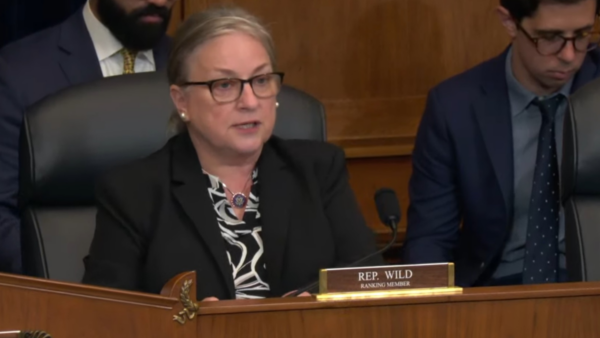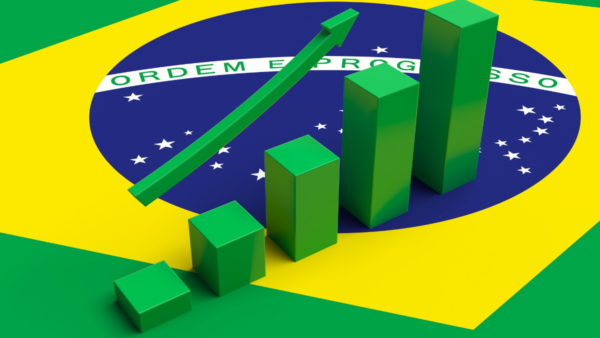Prosecutor General Tarek William Saab of Venezuela, known as one of President Nicolás Maduro’s closest allies, announced that his office will open a criminal investigation into the organizers of the opposition primaries held last Sunday.
The purpose of the primaries was to select a unified opposition candidate to run against Mr. Maduro in Venezuela’s general elections next year.
With nearly all of the 2.5 million votes counted, right-wing former lawmaker María Corina Machado won with over 92 percent, despite a recent government ban that prevents her from running for office for the next 15 years. Her victory was hailed as a “democratic demonstration” by the U.S. embassy in Venezuela.
A few days earlier, an electoral pact between the government and the opposition led the U.S. to temporarily lift sanctions on Venezuela’s commodities on the condition that free elections be held in the country. But the future of the waiver is now uncertain, as Washington has promised to immediately revoke the deal if pressure against opposition figures continues.
In his statement, Mr. Saab told the press that prosecutors will investigate possible wrongdoing committed by the National Primary Committee, including “fraud, impersonation of electoral officials, and conspiracy.”
Through the office’s account on X (formerly Twitter), the chief prosecutor described last weekend’s vote as a “theater to deceive people of good faith.” The investigation came in response to requests from Mr. Maduro himself, as well as ruling party lawmakers such as the president’s wife Cilia Flores, and National Assembly President Jorge Rodríguez.
Government officials also say the opposition committee was legally required to accept “technical support” from the Chavista-run National Electoral Council (CNE), whose director, Elvis Amoroso, was behind the ban imposed on Ms. Machado in June.
But organizers repeatedly rejected the CNE’s offer to prevent the primaries from being postponed. Adversaries of the government also accused the bodies aligned with Mr. Maduro of deliberately trying to derail the process. Despite this week’s investigation and the 15 year ban, Ms. Machado was officially declared the opposition candidate for 2024.

 Search
Search











































